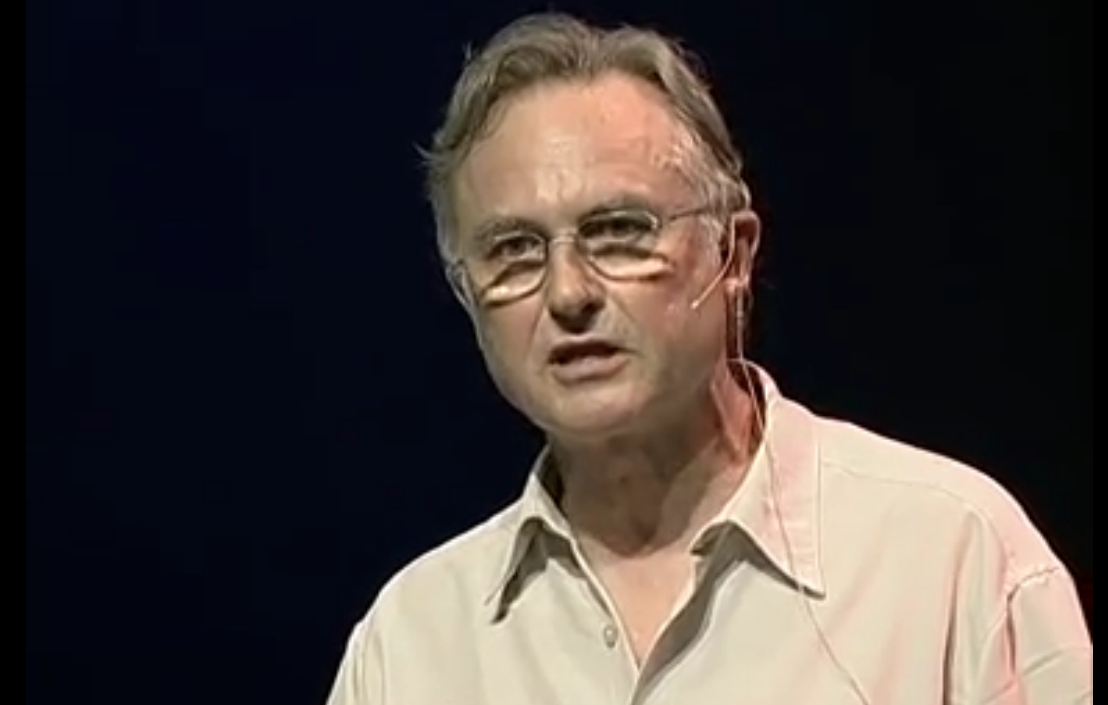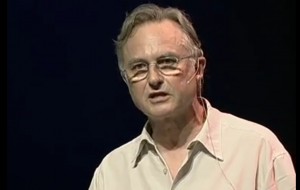

Richard Dawkins‘ brilliant and expansive 20 minute TED talk suggesting that not only is the universe queerer than we suppose, it may be queerer than we can suppose.
Quoting J.B.S. Haldane, Richard Feynman, David Deutsch, Lewis Wolpert, Ludwig Wittgenstein, and even Major General Albert Stubblebine III, Dawkins asks whether there are things about the universe which are in principle ungraspable by any mind, however superior. In his eye-opening, fact filled, and entertaining exploration of this question he touches on a wide array of subjects, including: Quantum Theory; Life in the Universe; Probability; Bat echo-location; Canine sense of smell; Basil Fawlty; and an interesting fact about Oliver Cromwell’s bladder.
Dawkins argues that our brains have evolved to help us survive within the orders of magnitude of size and speed which our bodies operate at. ‘Really’ for us is what assists our survival in the world which we inhabit. But even at our level different animals have very different ‘reallies’. For example a monkey’s brain must be able to construct a 3D model of branches and trunks in order to survive its world. A mole’s brain is adapted for underground use.
A water strider, living on the surface of a pond, in an Edwin Abott Flatland, rates the force of surface tension far greater than that of gravity. For us, of course, this is completely reversed. We never evolved to navigate the world of atoms, says Dawkins. If we had, quantum theory may not seem so strange. If we evolved to navigate the vastness of space, relativity would not be such a mystery. Yet still, there may be much more to the universe than we, or even a godlike intelligence, will ever be able to understand…
Richard Dawkins – Queerer Than We Suppose


